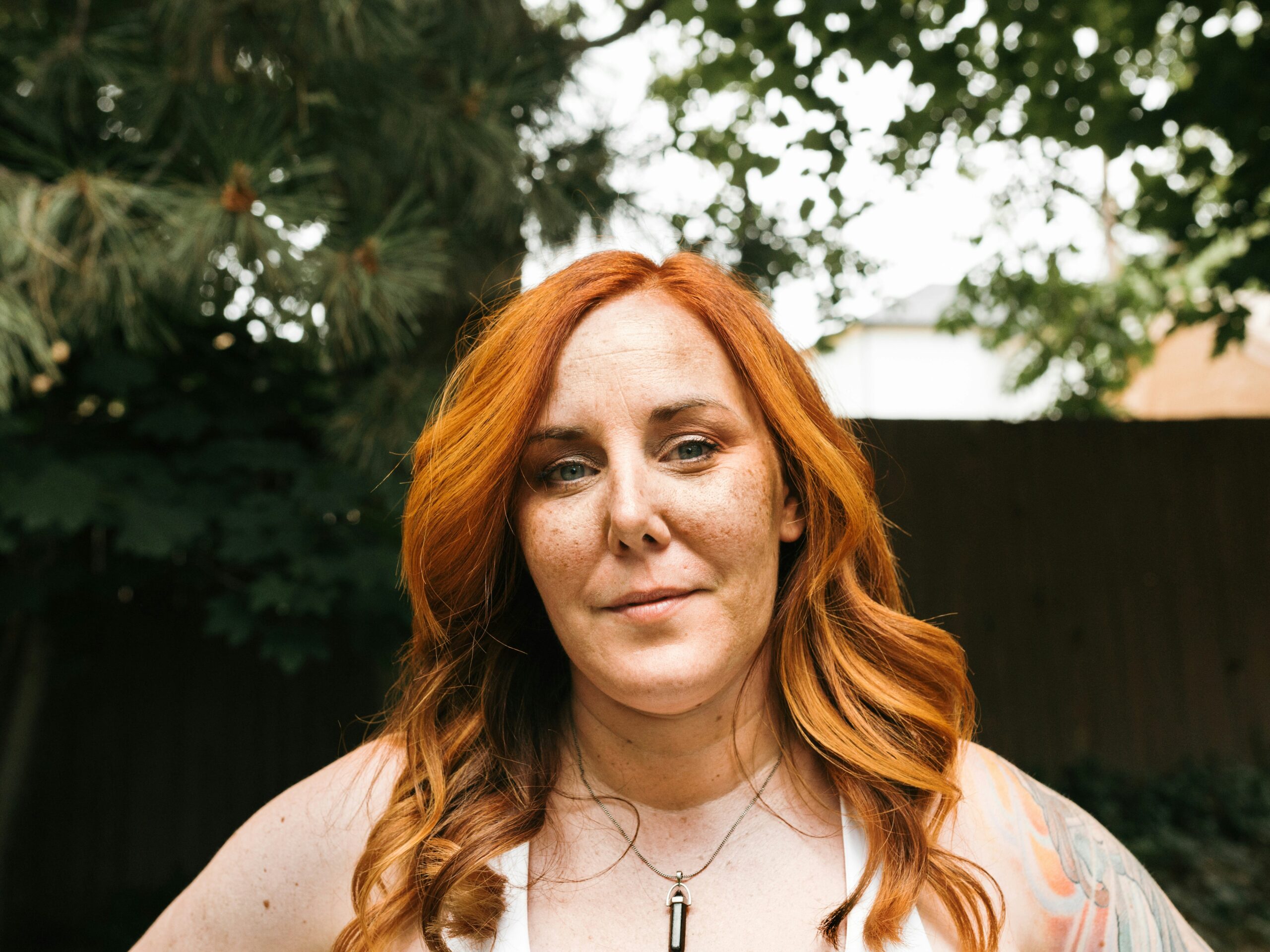When someone you love is living with a serious illness, it’s easy to put your own needs last. There are appointments to keep, medications to track, routines to manage, and so many emotions to hold all at once. In the middle of all this, parents and caregivers often tell us they feel guilty if they rest or admit they’re struggling. They believe they have to be endlessly strong.
But nobody can carry this much without also offering kindness to themselves. Self-compassion isn’t weakness, and it isn’t selfish. It’s a way of saying, “I matter too,” even when life feels heavy.
One way of thinking about self-compassion comes from Acceptance and Commitment Therapy, or ACT. At its heart, ACT teaches us that painful thoughts and feelings are part of being human. Instead of fighting against them, we can learn to notice them and then gently guide ourselves toward what matters most.
Think about the critical thoughts that sometimes run through your mind: “I’m not doing enough,” or, “I should be stronger.” Instead of believing those thoughts as absolute truth, you can take a step back and notice them for what they are, just words. Saying them out loud can be especially powerful. When you quietly say, “I’m having the thought that I’m not enough,” you hear it differently. The words leave your head and become something you can observe from a little distance.
This little bit of space is called emotional distancing. By speaking the thought aloud, you separate yourself from it. It’s no longer tangled up inside of you, it’s something outside of you that you can hold at arm’s length. That distance doesn’t erase the thought, but it makes it less overwhelming. It allows you to see it for what it is: just one thought, not the whole truth of who you are.
The same goes for emotions. Naming them aloud such as, “This is fear,” or, “This is sadness,” creates that same small gap. Instead of being swallowed up by the feeling, you acknowledge it as something passing through. Sometimes just giving a feeling a name, in your own voice, is enough to soften its intensity and remind you that you are more than what you’re feeling in that moment.
And then comes the most important part: remembering your values. Ask yourself, “What matters to me in this moment?” Maybe it’s showing love through presence. Maybe it’s protecting a small family ritual. Maybe it’s simply choosing rest so you can keep going tomorrow. Self-compassion gives you the strength to live out those values, even in the middle of struggle.
It might look as simple as telling yourself, “I’m doing the best I can.” It might be allowing yourself to accept help without shame. It might be sitting quietly with a cup of tea and letting your body rest.
At B Brave, we believe caring for yourself is not something extra, it is essential. The kindness you offer yourself becomes fuel for the love and care you give to others.

Leave a Reply